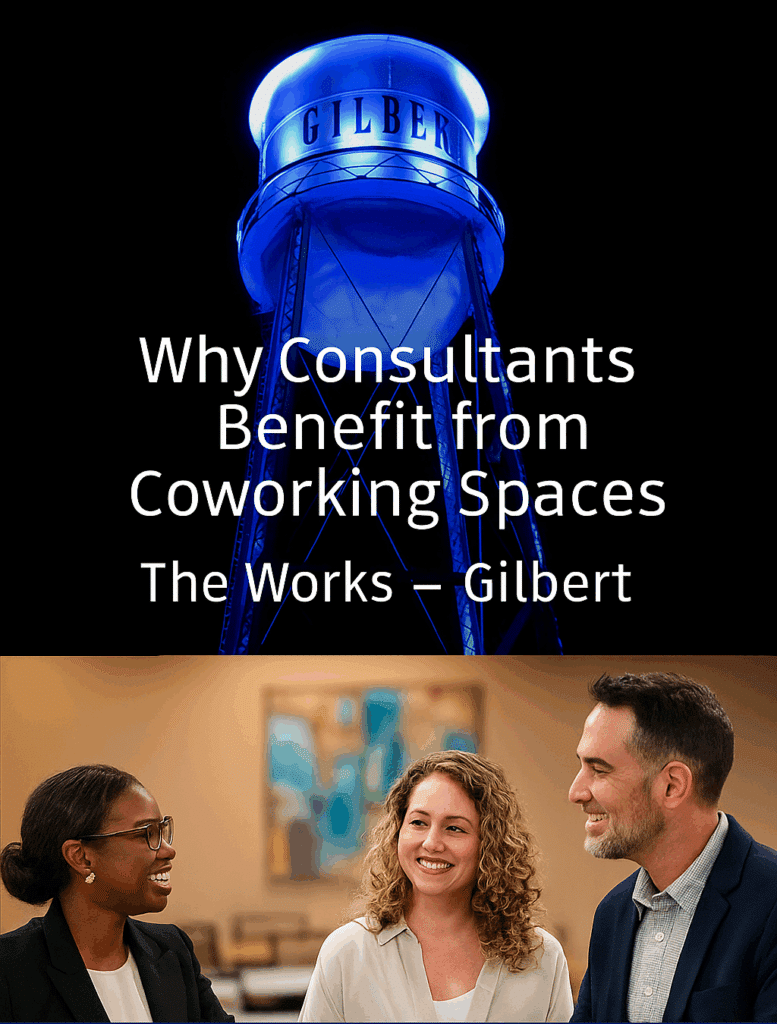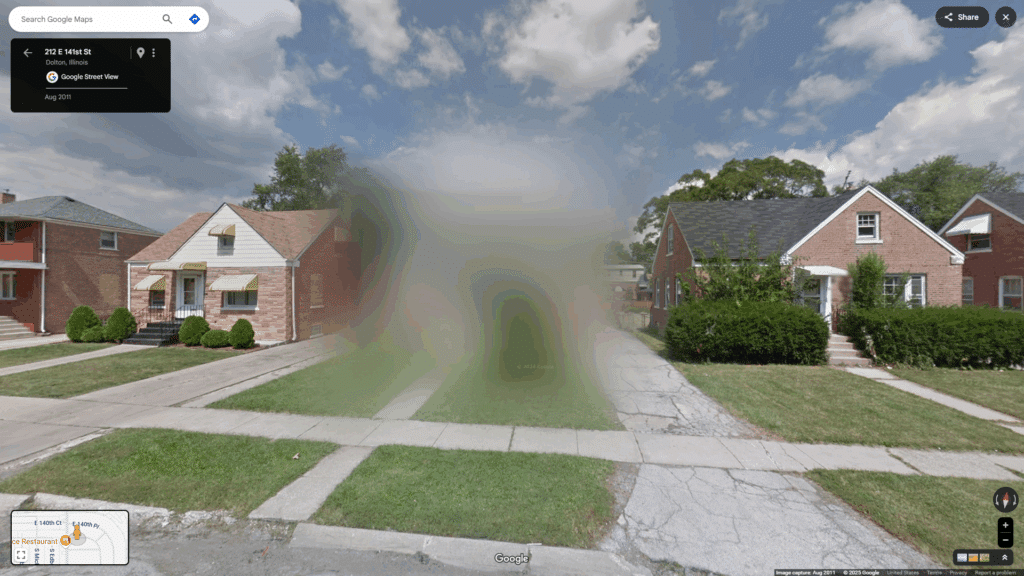Meeting Clients in Your Home
The Pitfalls for Therapists, Accountants, Attorneys, and other Professionals

The convenience, cost savings, and elimination of a round-trip commute sounds just perfect, right? Who wants to spend time on the road and thousands of dollars in monthly rent every month?
Not so fast.
Your degrees/licenses are on the wall of your home office. You shelled out $3000 for a really nice desk. You invested in a scanner, printer, a VPN for some enhanced privacy. You carved out a parking spot in front of the house for your clients. You’re in business……from your home.
What could go wrong?
-
Lack of Professionalism when meeting clients in your home
For therapists, accountants, and attorneys, maintaining a professional image is crucial. Meeting clients in your home can undermine this image, as it lacks the formal setting clients expect from these professions. For example, a therapist conducting a session in a living room may not provide the neutral and calming environment necessary for effective therapy.
Similarly, an accountant discussing financial matters at a kitchen table may not convey the same level of professionalism as a dedicated office space. Imagine hearing the 12-year child of the account murmuring “Wow!” when they overhear dollar amounts being discussed by their Mom/Dad accountant and their clients at the living room coffee table.
-
Privacy Concerns
These professions often handle sensitive and confidential information. Meeting at home can compromise the privacy of both the client and the professional. A therapist may find it challenging to ensure that sensitive conversations remain confidential, especially if family members are present. And then there are HIPAA concerns.
An attorney discussing legal strategies in a home setting might inadvertently expose private details to household members. Even an accountant going over financial records may face privacy issues in a less controlled home environment.
-
Distractions and Interruptions
Homes are filled with potential distractions that can disrupt the flow of a meeting. For instance, a therapist might struggle to maintain a focused session if interrupted by household noises like the Football game on the television in the next room. An attorney drafting a legal document could be interrupted by family members, pets, or other home-related issues. Even the simple act of a doorbell ringing can disrupt a client’s train of thought during a financial consultation with an accountant. Of course that Tupperware Set you bought on Amazon is going to be delivered when you are 10 minutes into your client session……..doorbell ringing, dog barking, kids yelling…..you know the routine.
-
Meeting Clients in Your Home may Safety and Security Risks
If you’ve seen M. Night Shyamalan’s The Sixth Sense, you’ll remember the tragic scene with Bruce Willis and this guy. Bruce Willis played Malcolm Crowe, a child psychologist, in Philadelphia. And believe it or not, that’s Donnie Whalberg (after losing a ton of weight for the role), a former patient of Dr. Crowe. And let’s just say, safety and security are a concern in this (and many other) lines of work.
When inviting clients into one’s home, especially for therapists, accountants, and attorneys, safety is paramount. For example, a therapist working with clients who have emotional or behavioral issues might face unpredictable situations. And you may be all alone in the house with your client.
An attorney dealing with contentious legal cases might encounter clients with strong emotions or vendettas. There may be nobody else in the house to help diffuse the situation.
Coworking spaces provide a neutral ground that can mitigate these risks, offering security measures such as the employees of the coworking space, other members inside the facility, and controlled access.
-
Limited Amenities and Facilities
Home offices often lack the professional amenities found in coworking spaces. A therapist may not have access to enclosed rooms, affecting the confidentiality and comfort of sessions.
An accountant might lack reliable internet or the necessary equipment for presenting financial reports.
Attorneys may need access to legal databases or private meeting rooms for client consultations. Coworking spaces offer these facilities, enhancing the quality and professionalism of client interactions.
And do we really want our patients and clients using our home restrooms? Some clients may feel weird even asking to use your restroom. “Yeah, it’s down the hall, take a left after the loft, then it’ll be beside the 3rd bedroom where my son and his friends are playing XBOX.”
-
Meeting Clients in Your Home can Impact your Personal Life
Blending work and personal life can have detrimental effects. For therapists, constantly hosting clients at home can lead to emotional fatigue, as it blurs the boundary between work and relaxation. The reality is, you’re ALWAYS at work. You never leave “The Office”.
Accountants may find it challenging to switch off from work, especially during tax season. Attorneys might struggle to separate intense legal work from their personal lives, leading to burnout.
Meeting clients at home can also affect family members, who may feel the need to adjust their routines to accommodate meetings. Here in Arizona, Monday Night Football starts somewhat early in the day (around 5pm). Who wants family members huffing and puffing because they can’t watch the game until the second quarter, when Mom’s patient leaves?
The Advantages of Coworking Spaces for Therapists, Accountants, and Attorneys
-
Professional Environment
Coworking spaces offer a professional and neutral environment that is particularly beneficial for therapists, accountants, and attorneys. A therapist can benefit from soundproof rooms that ensure confidentiality and create a calming atmosphere. Accountants can use dedicated meeting rooms equipped with technology for presentations and financial discussions. Attorneys can access private offices or conference rooms that provide a formal setting for legal consultations, enhancing their professional image.
-
Networking Opportunities
Coworking spaces are hubs of diverse professionals, offering excellent networking opportunities. For therapists, this can mean connecting with other mental health professionals for referrals or collaborations. Accountants can network with business owners, potentially gaining new clients. Attorneys can meet other legal professionals or potential clients in need of legal advice. These interactions can lead to fruitful partnerships and business growth.
-
Access to Advanced Facilities
Coworking spaces are equipped with a range of facilities that professionals might not have at home. Therapists can benefit from comfortable, quiet spaces conducive to client discussions. Accountants can access high-speed internet, projectors, and printers for efficient work.
Attorneys can use meeting rooms with advanced communication tools, making it easier to conduct client meetings, depositions, or conference calls. These facilities enhance the quality of professional services offered.
-
Flexible Arrangements
Flexibility is a significant advantage of coworking spaces. Whether a therapist needs a private room for a few hours, or an attorney requires a conference room for a day-long deposition, coworking spaces offer various options to suit different needs. Accountants can choose spaces that accommodate client consultations during peak seasons, such as tax time. This flexibility allows professionals to scale their space usage according to their workload.
-
Increased Focus and Productivity
Coworking spaces are designed to minimize distractions and enhance productivity. For therapists, this means a serene environment conducive to focused sessions. Accountants can work without the interruptions often present in a home setting, allowing them to concentrate on complex financial analyses. Attorneys can draft legal documents or prepare cases in a quiet, dedicated workspace. The separation from home distractions fosters a professional atmosphere that boosts productivity.
-
Improved Work-Life Balance
Using a coworking space helps maintain a clear boundary between work and personal life. Therapists can leave their work at the office, avoiding emotional carryover into their personal lives. Accountants can better manage their time, ensuring they don’t bring work home during busy periods. Attorneys can compartmentalize their demanding legal work, preventing burnout and maintaining a healthy work-life balance. This separation is crucial for overall well-being and professional effectiveness.
-
Enhanced Safety and Security
Coworking spaces offer a secure environment, reducing the risks associated with meeting clients at home. For therapists, this means a safer space to conduct potentially sensitive sessions. Accountants can rest assured that financial documents and client data are handled securely. Attorneys benefit from secure locations that provide peace of mind for both them and their clients. Security features like controlled access, surveillance, and staff presence ensure a safe and professional setting.
-
Professional Business Address
Many coworking spaces are located in prime business areas (like 1525 S Higley Rd,Suite 104, Gilbert, AZ 85296) nestled between Route 202, Higley Road, and Ray Road. Convenient to Mesa Gateway Airport, Queen Creek, and the Power Road business corridor.
Therapists can benefit from a reputable location that attracts clients seeking mental health services. Accountants can offer clients the convenience of a central location, which can be a deciding factor for potential clients. Attorneys can present a polished, professional front with a business address in a reputable area, improving client perceptions and trust.
When you decide to stop meeting clients in your home, you have options
Book the Higley Room (Seats up to 10)
Book the Ray Room (Seats up to 4)
Book the Day Office (2 workstations and loveseat – see walkthrough of Day Office)
Book a Day Pass (Work at The Works for a Day)
Book Day Pass w/Zenbooth access – You want privacy, you got it!





